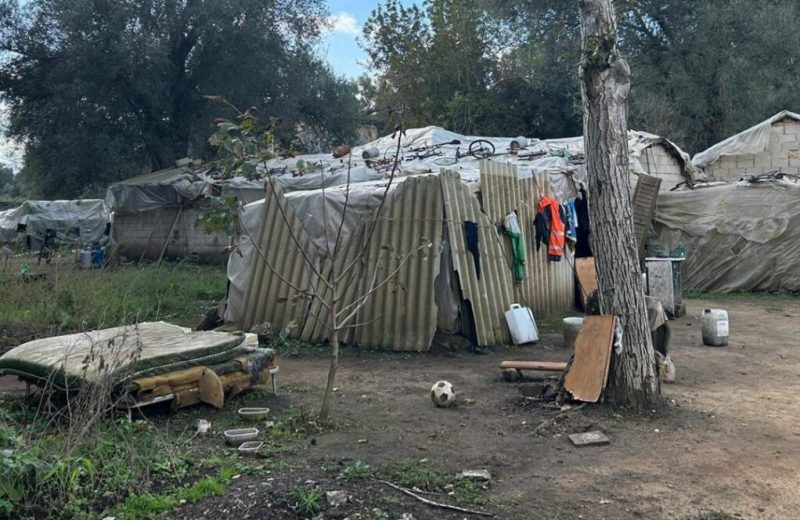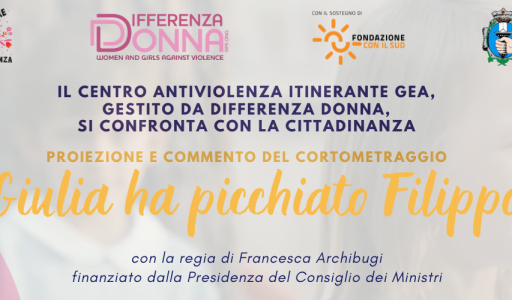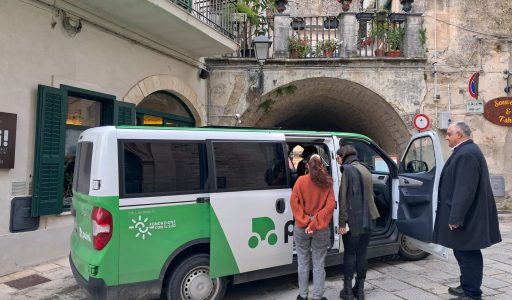Rosarno Farm Labourers Amidst Unused Million-Euro Housing Structures
12 February 2024

In southern Italy, specifically in Calabria’s Gioia Tauro Plain, more than 2,000 migrants have been working as farm labourers under the weight of severe exploitation for years. They find themselves forced to live in abandoned buildings, dilapidated farmhouses, or makeshift shantytowns in deplorable and humiliating living conditions. In this area, rich in citrus groves and notorious for the ndrangheta presence, many migrants in 2010 took it to the streets and staged the so-called “Rosarno Uprising“.
For ten consecutive years, the Italian organization MEDU (Doctors for Human Rights) has provided ongoing medical care and legal assistance to farm labourers involved in citrus harvesting. MEDU’s activity is part of the project “Open Campaigns: Laboratory for Territorial Practices to Promote the Dignity of Life and Work“, which is supported by the Con il Sud Foundation. A team, aided by two cultural mediators, delivers medical care and legal assistance three days a week to approximately 1,500 foreign farm labourers living in precarious settlements in the Plain. These include abandoned farmhouses, rundown state tents, and scattered old containers across the municipalities of Rosarno, San Ferdinando, and Taurianova.
The inhabitants of the settlements are predominantly young men with an average age of 35, from sub-Saharan West Africa, particularly from Mali, Gambia, Senegal, Ghana and the Ivory Coast. Despite having resided in Italy for an extended period (88% for over three years), they still face exclusion, precarious employment, and exploitation.
It is important to note that 92% of the ninety-four people who received assistance in the first quarter of 2023, either from a health or socio-legal standpoint, had valid residence documents in Italy. Specifically, a large number of the workers had residence permits for asylum-seeking (39%), subsidiary protection (22%), special protection (22%), and employment or seasonal (15%) work. One percent had refugee status, while another 1% held a residence permit awaiting employment.
The dire conditions described since MEDU’s initial presence in the Plain in 2013 appear even more grotesque and paradoxical when contrasting the inhumane images of life in the informal settlements with those of completed yet unused container camps or vacant apartment buildings confiscated from the mafia, which, remarkably were recently renovated to promote decent housing. € 5.5 million were spent on accommodations that never opened their doors. Of those, €3 million came from the European Union and were allocated for the construction of six buildings with a total of 36 apartments in Rosarno. The Ministry of the Interior provided an additional €2 million for the “Village of Solidarity,” located on confiscated land from the Bellocco clan. Finally, €650,000 were invested to develop a multipurpose center in the municipality of Taurianova, which has never become operational.
Despite this, the civil society gave a bold and forward-thinking example. Two years ago, The “Dambe So” labourers’ hostel, an initiative of the Mediterranean Hope project by the Federation of Evangelical Churches in Italy (FCEI), opened its doors in San Ferdinando. Two years after its launch, the project has provided housing to dozens of people in seven apartments and has recently opened new accommodations in the municipality of Taurianova. This project, while ambitious, is at the same time financially and socially sustainable. It integrates the themes of housing and employment, ensuring the active involvement of farm labourers as individuals with legal and citizenship rights by also ensuring participation from the local community.
An excerpt from the project’s blog “Open Campaigns: Laboratory for Territorial Practices to Promote the Dignity of Life and Work” at www.esperienzeconilsud.it.


